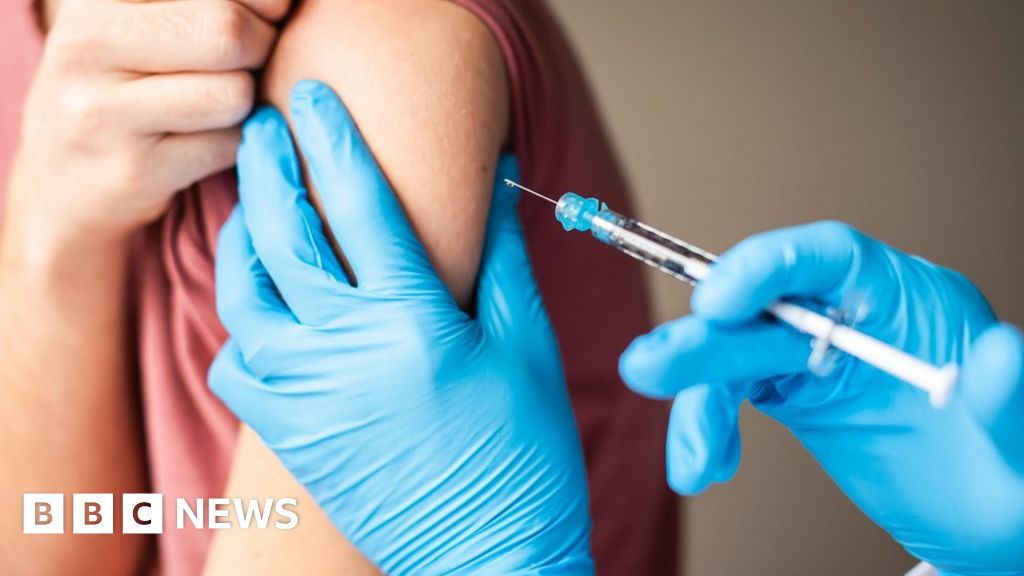Amity Island
Well-Known Member
- Relationship to Diabetes
- Type 1
Hartpury University and College in Gloucester is thought to be the first English higher-education institution to make Covid-19 vaccinations compulsory.
The specialist agricultural and veterinary institution said the rule also applied to anyone wishing to stable their horse there.
Hartpury said the measures would not apply to people with medical exemptions.
First reported in the Daily Telegraph, the college said unvaccinated students may also have limited access to social events on campus

The specialist agricultural and veterinary institution said the rule also applied to anyone wishing to stable their horse there.
Hartpury said the measures would not apply to people with medical exemptions.
First reported in the Daily Telegraph, the college said unvaccinated students may also have limited access to social events on campus

Hartpury says unvaccinated students cannot live on-site
Students without the Covid-19 jab may also have their access to social clubs and venues restricted.
www.bbc.com

